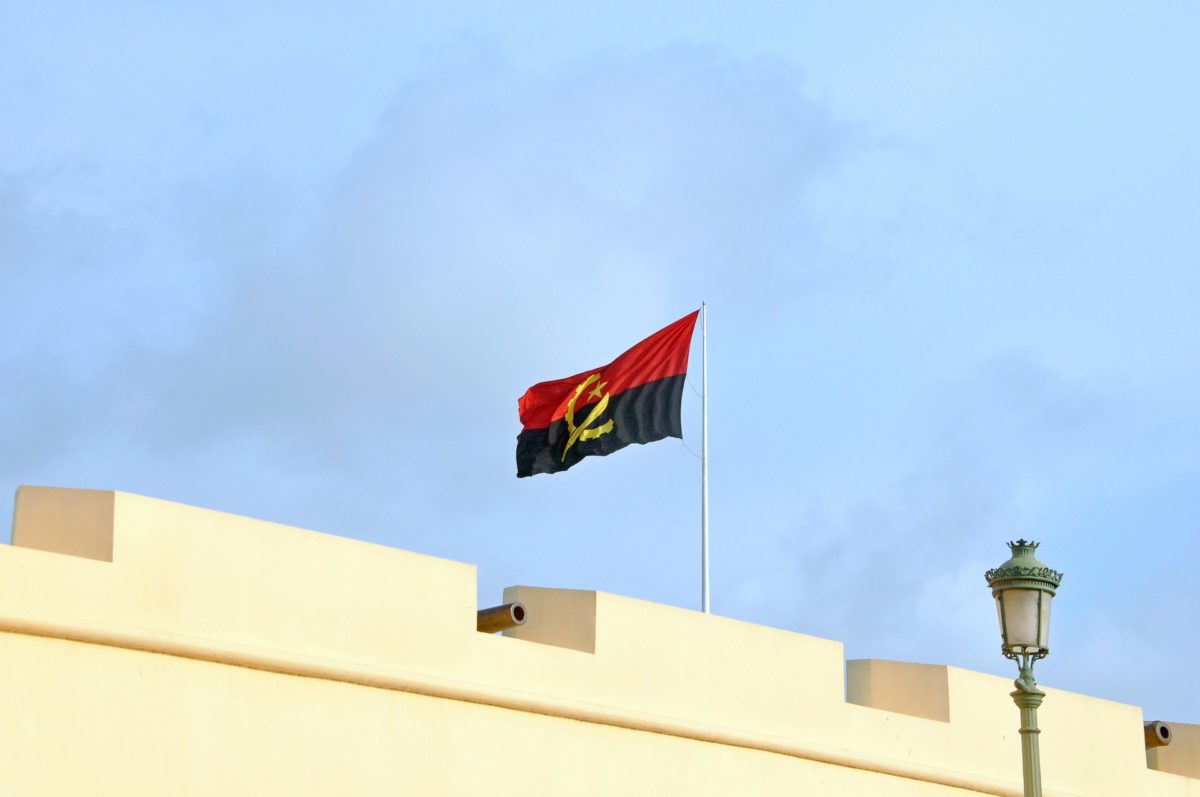The journey towards renewable energy development in oil-dependent countries is a difficult and a slow one. In practical terms, undergoing the transition in petrostates often depends on the willingness of dominant fossil fuel industries.
Angola is no exception. Italian oil and gas company Eni, which has an equity production of 145,000 barrels of oil equivalent per day in the country, has signed a concession agreement with the government for construction of a 50 MW solar plant in Namibe province, southwestern Angola, where Eni said it is supporting unspecified rural development projects.
The solar power plant will be constructed by the Solenova joint venture owned by Eni and Angolan state-owned fossil fuel producer Sonangol.
“The implementation of the first phase of the 25 MWp project will allow a reduction in diesel consumption estimated at around 13,500m3 per year, reducing electricity production costs and greenhouse gas emissions by around 20,000 tons of CO2 equivalent per year,” Eni announced, in relation to a PV plant which is then intended to be expanded to an eventual 50 MWp.
Drought
Namibe, together with the provinces of Huila, Bie and Cunene, has been hit by a severe drought this year which has affected, according to the Unicef, an estimated 2.3 million people. The province is also a significant unexploited hydrocarbon province. In July, the Angolan government announced its intention to auction nine oil blocks in the waters of the Namibe Basin.
Eni and Sonangol created Solenova Ltd in June. “The first business opportunity jointly identified in the renewable energy sector consists in the phased development of a 50 MWp photovoltaic plant in the southern part of the country, which currently relies mainly on diesel thermal plants for electricity production,” the companies said at the time.
Eni entered the renewable energy business in 2015 with the creation of an Energy Solutions department. Since then, the company has sought to expand its solar activity in Pakistan, Tunisia, Algeria and Ghana, where it has oil and gas operations. The business also has a 220 MW solar project pipeline in Italy and in many cases, the solar plants are planned to power operations at the company’s fields and premises.
A 600 MW solar plan
Popular content
After several years of vague announcements the Angolan government in September announced a plan to develop 600 MW of solar by 2022. Minister of energy and water João Baptista Borges said the generation capacity would come from around 30,000 solar park and distributed generation projects and the target would be achieved with private sector involvement.
The projects, part of the country’s new Plano de Desenvolvimento Nacional 2018-2022 development strategy, would give a much-needed boost to renewables in a nation which has only 14 MW of non-hydro clean energy generation capacity, all of it off-grid. Angola’s renewable energy plan is targeting 800 MW of capacity, including wind and biomass.
In November, Israel donated $60 million for solar energy and agricultural projects in Angola, to be carried out by unspecified Israeli companies. Plans for renewables were also announced by Belgium’s QWAY energy in late October.
Seeking independent power producers
In September, the African Development Bank’s Sustainable Energy Fund for Africa agreed to lend the Angolan government $1 million to support the creation of the Energy Project Implementation Support Unit, an organization aimed at supporting the development of renewables through the deployment of independent power producer projects.
Angola aims to provide electricity to 65% of its population by 2025, by having total generation capacity of around 10 GW. The 3.4 GW the nation currently has is composed of 2 GW of hydroelectric generation and 1.4 GW of thermal power plants.
In June 2014, the government had identified potential for 55 GW of solar generation capacity, 3 GW of wind power and 18 GW of hydro.
This content is protected by copyright and may not be reused. If you want to cooperate with us and would like to reuse some of our content, please contact: editors@pv-magazine.com.



1 comment
By submitting this form you agree to pv magazine using your data for the purposes of publishing your comment.
Your personal data will only be disclosed or otherwise transmitted to third parties for the purposes of spam filtering or if this is necessary for technical maintenance of the website. Any other transfer to third parties will not take place unless this is justified on the basis of applicable data protection regulations or if pv magazine is legally obliged to do so.
You may revoke this consent at any time with effect for the future, in which case your personal data will be deleted immediately. Otherwise, your data will be deleted if pv magazine has processed your request or the purpose of data storage is fulfilled.
Further information on data privacy can be found in our Data Protection Policy.